In the rapidly evolving landscape of blockchain technology, few innovations hold as much transformative potential as Zero-Knowledge Proofs (ZKPs). As of October 2025, ZKPs are no longer just a theoretical concept confined to cryptographic research labs; they are emerging as a cornerstone for addressing two of blockchain’s most persistent challenges: privacy and scalability. This article delves into how ZKPs are poised to redefine the capabilities of decentralized networks, making them more efficient, secure, and user-friendly for a mainstream audience.
The Core Promise of Zero-Knowledge Proofs
At its heart, a Zero-Knowledge Proof is a cryptographic method that allows one party (the prover) to prove to another party (the verifier) that a given statement is true, without revealing any information beyond the validity of the statement itself. Imagine proving you know a secret password without ever typing it in, or proving you’re over 18 without revealing your birthdate. This elegant solution to information asymmetry is critical for blockchain, where transparency often comes at the cost of privacy, and data processing can be a bottleneck.
- Verifiable Computation: ZKPs enable off-chain computations to be proven correct on-chain with minimal resources.
- Enhanced Privacy: Users can transact or verify identity without exposing sensitive data to the public ledger.
- Integrity without Disclosure: The integrity of data or transactions can be confirmed without revealing their specifics.
Solving Blockchain’s Trilemma: Privacy and Scalability
The “blockchain trilemma” posits that a decentralized network can only achieve two of three properties: decentralization, security, and scalability. ZKPs offer a potent pathway to overcoming this, particularly concerning privacy and scalability, without compromising security. Their ability to compress vast amounts of transactional data into a small, verifiable proof is a game-changer.
Revolutionizing Scalability with ZK ($0.03)-Rollups
The most immediate and impactful application of ZKPs today is in Layer-2 scaling solutions, specifically ZK-rollups. These technologies bundle hundreds or thousands of transactions off-chain, generate a single ZKP proving their validity, and then submit this proof to the mainnet (like Ethereum). This dramatically reduces the burden on the main chain, leading to:
- Higher Transaction Throughput: Networks can process significantly more transactions per second.
- Lower Transaction Costs: Fewer resources are needed on the main chain, reducing gas fees for users.
- Faster Finality: Transactions can be confirmed quicker, improving user experience.
Projects like Polygon zkEVM, StarkWare’s Starknet, and Scroll are leading the charge, demonstrating real-world performance improvements that are critical for mass adoption.
Enabling Confidentiality in Web3
Beyond scalability, ZKPs are fundamental to building truly private applications on public blockchains. While Bitcoin and Ethereum offer pseudonymous transactions, the transaction history is fully transparent. ZKPs can mask transaction details, sender/receiver identities, or even smart contract logic, opening doors for:
- Private DeFi: Confidential swaps, lending, and borrowing without revealing personal financial data.
- Self-Sovereign Identity: Users can prove attributes (e.g., age, credit score) without sharing underlying documents.
- Secure Enterprise Applications: Businesses can leverage blockchain for supply chain or data management while maintaining competitive privacy.
Current Adoption and Future Horizons
By late 2025, ZKP technology has matured considerably, moving from esoteric academic pursuits to practical, deployed solutions. Major blockchain ecosystems are investing heavily, with significant breakthroughs in ZK-EVMs making Ethereum-compatible ZK-rollups a reality. Looking ahead, the potential extends to:
- Decentralized AI: Proving the integrity of AI model training or inference without revealing proprietary data.
- Secure Voting Systems: Ensuring voter anonymity while maintaining verifiable election results.
- Cross-Chain Interoperability: Securely verifying states between different blockchains without trust assumptions.
Challenges and Hurdles
Despite their immense promise, ZKPs face hurdles. Developing and deploying ZKP systems requires highly specialized cryptographic expertise. The computational overhead for generating proofs, while decreasing, can still be substantial for certain applications. Furthermore, the complexity of auditing these systems means robust security practices and ongoing research are paramount to prevent vulnerabilities.
Conclusion
Zero-Knowledge Proofs represent a pivotal advancement in blockchain technology, offering elegant solutions to the inherent trade-offs between privacy, scalability, and security. As we move further into the digital age, the ability to conduct verifiable, confidential, and efficient operations on decentralized networks will be non-negotiable. ZKPs are not merely an incremental upgrade; they are a foundational layer being built beneath the next generation of Web3 applications, cementing their role as an ultimate asymmetric opportunity for the entire crypto ecosystem.
The post Zero-Knowledge Proofs: Unlocking Blockchain’s Next Era of Privacy and Scalability by 2025 appeared first on FXcrypto News.










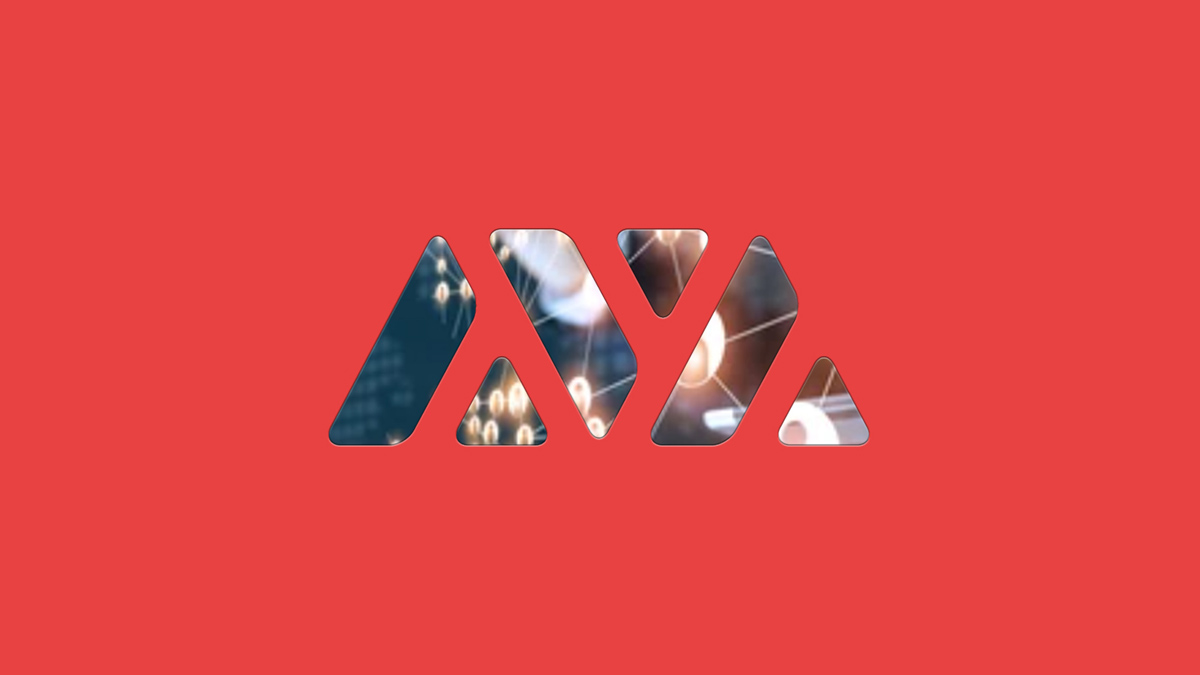
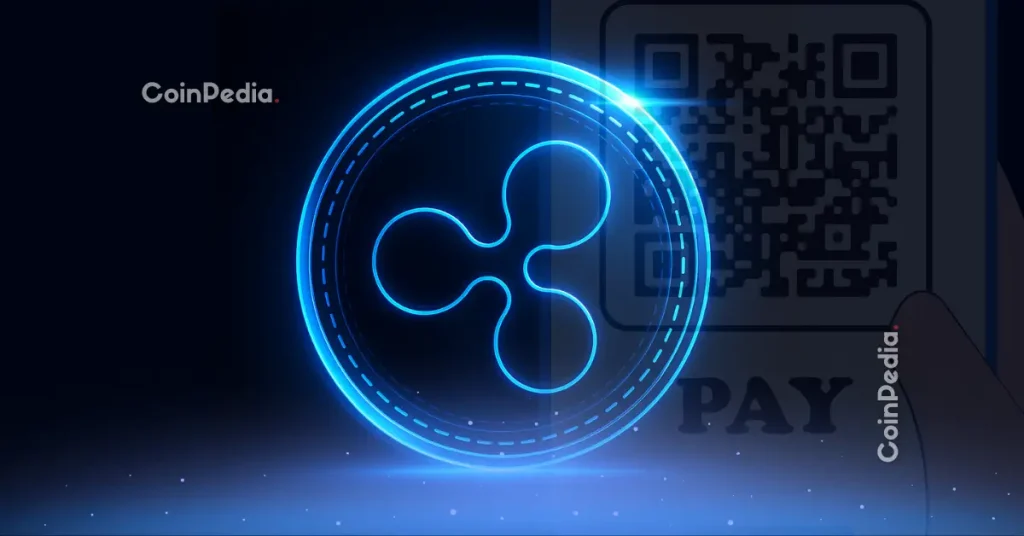

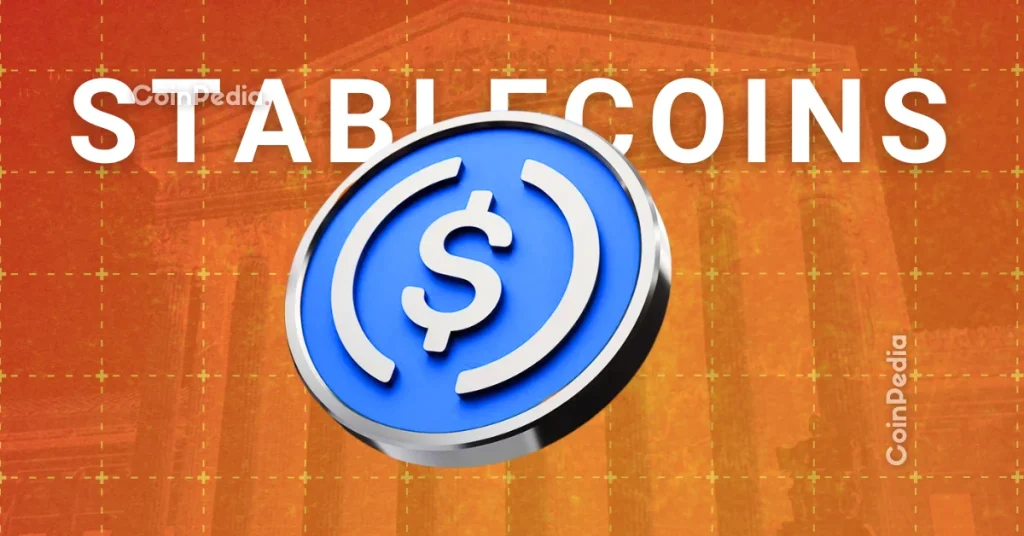
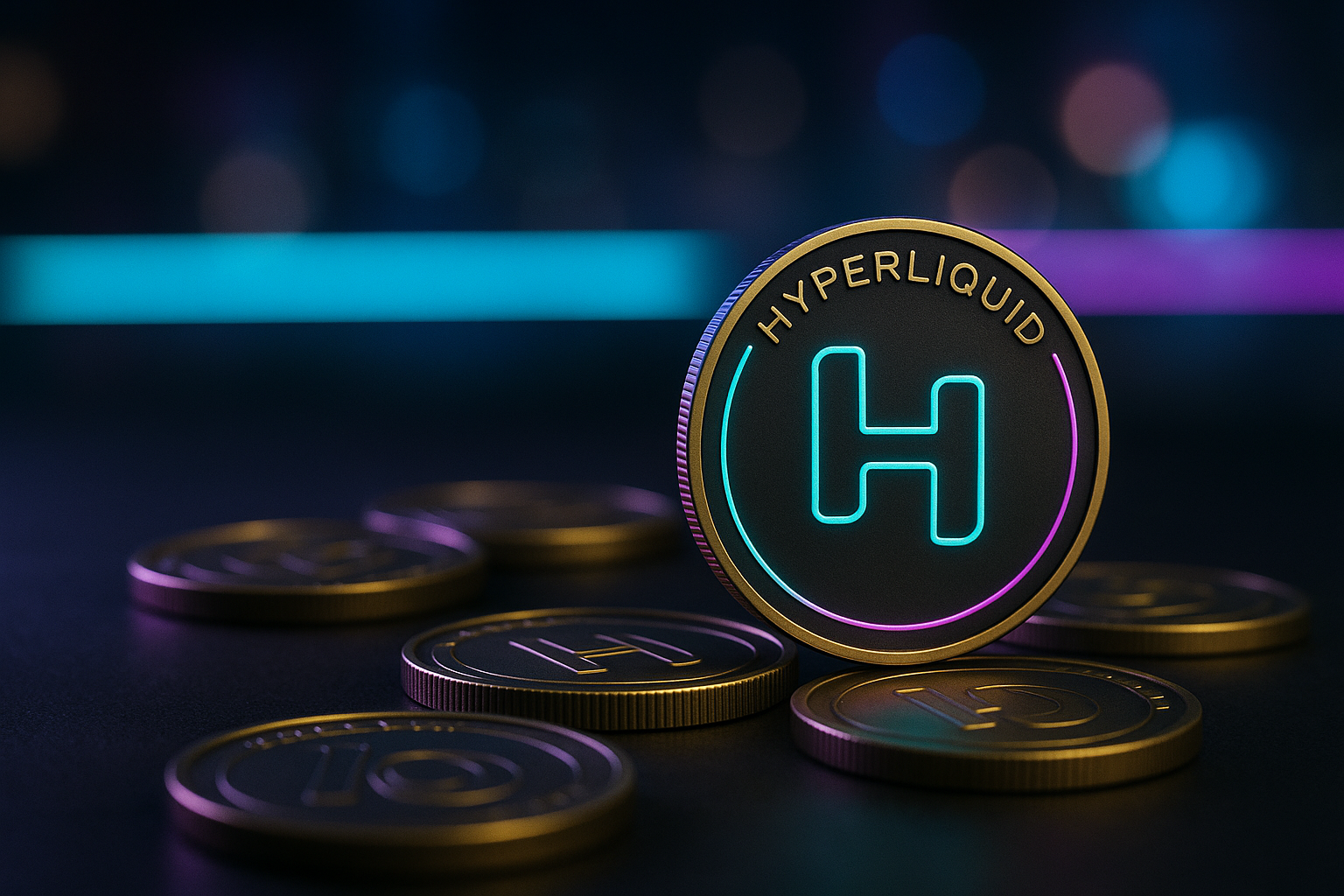

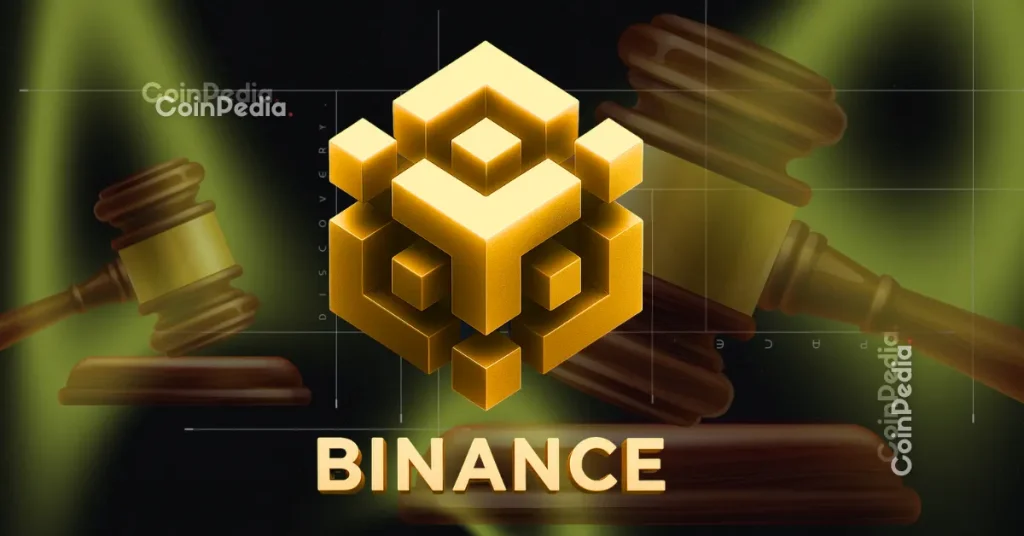




 24h Most Popular
24h Most Popular






 Utilities
Utilities